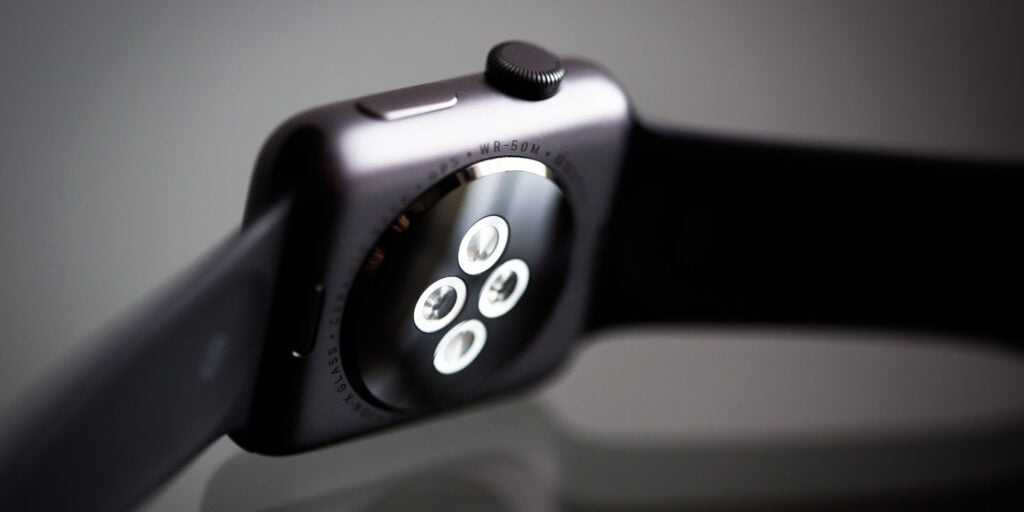The Role of Sleep Trackers in Managing Chronic Insomnia: Helpful Data or Anxiety Trigger?

In today’s world of technology and wellness, sleep trackers have surged in popularity. Devices like the Apple Watch, Garmin Forerunner, Polar Vantage V, Oura Ring, WHOOP, and Somfit, have become a part of our nightly routines, promising us detailed insights into our sleep patterns. But for those battling chronic insomnia, the question remains: Do these devices really help or are they more of a hindrance?
A recent study from Queensland Central University put the accuracy of these sleep trackers under the microscope. One particular study compared the performance of six popular wearable devices with polysomnography (PSG), the “gold standard” for sleep monitoring. The researchers found that while all these devices were fairly accurate in determining when the wearer was asleep or awake, their ability to identify specific sleep stages (like light sleep, deep sleep, or REM sleep) was less precise.1
So, what does this mean for those grappling with chronic insomnia? Well, it depends. Sleep trackers can offer a general understanding of your sleep patterns – when you sleep, how long you sleep, and the amount of restlessness during your sleep. They can even help establish a more regular sleep schedule, which is a fundamental part of good sleep hygiene.
Being Mindful
However, it’s important to take the data they provide with a pinch of salt. Since these devices may not be as accurate in identifying specific sleep stages, obsessing over the reported sleep stages might lead to unnecessary worry, which can often worsen sleep-related anxiety.
What’s more, the intense focus on tracking and “improving” sleep metrics might inadvertently exacerbate insomnia symptoms. This phenomenon, known as orthosomnia, arises from the stress and anxiety associated with achieving perceived ‘perfect’ sleep.2
So, while it can be beneficial to understand your sleep patterns, it’s important not to let this data control your nights. Sleep is a natural physiological process, and ironically, the harder we try to force sleep, the more elusive it becomes.
Unlocking Better Sleep
As a chronic insomnia sufferer, you might already be familiar with the frustration of lying awake in bed, hoping for sleep to come. Trying to will yourself to sleep often backfires. This is where cognitive behavioral strategies can help, teaching you to reframe your thoughts about sleep and implement practices that naturally promote sleepiness.3
The bottom line is, sleep trackers can be a useful tool in your sleep improvement toolkit, but they aren’t the be-all and end-all. Use them as a guide rather than a definitive assessment of your sleep health. If you find the data makes you anxious or obsessed with achieving ‘perfect’ sleep, it might be better to ditch the device and focus on establishing healthy sleep habits instead.
Sleep isn’t something you can force, but with patience, self-compassion, and a balanced approach you can create an environment and a mindset that encourages good sleep. If you struggle with insomnia, it’s always a good idea to seek professional help as a tailored treatment plan can significantly improve your sleep quality and overall health.
So, tonight, let’s remember that our aim is not to control sleep but to invite it.
Footnotes
1. Study on the validity of six wearable devices for sleep assessment. https://www.ncbi.nlm.nih.gov/pmc/articles/PMC9412437/
2. Baron, K. G., Abbott, S., Jao, N., Manalo, N., & Mullen, R. (2017). Orthosomnia: Are Some Patients Taking the Quantified Self Too Far? Journal of Clinical Sleep Medicine, 13(02), 351–354.
3. Harvard Health Publishing. (2019, August 9). Cognitive Behavioral Therapy for Insomnia.
